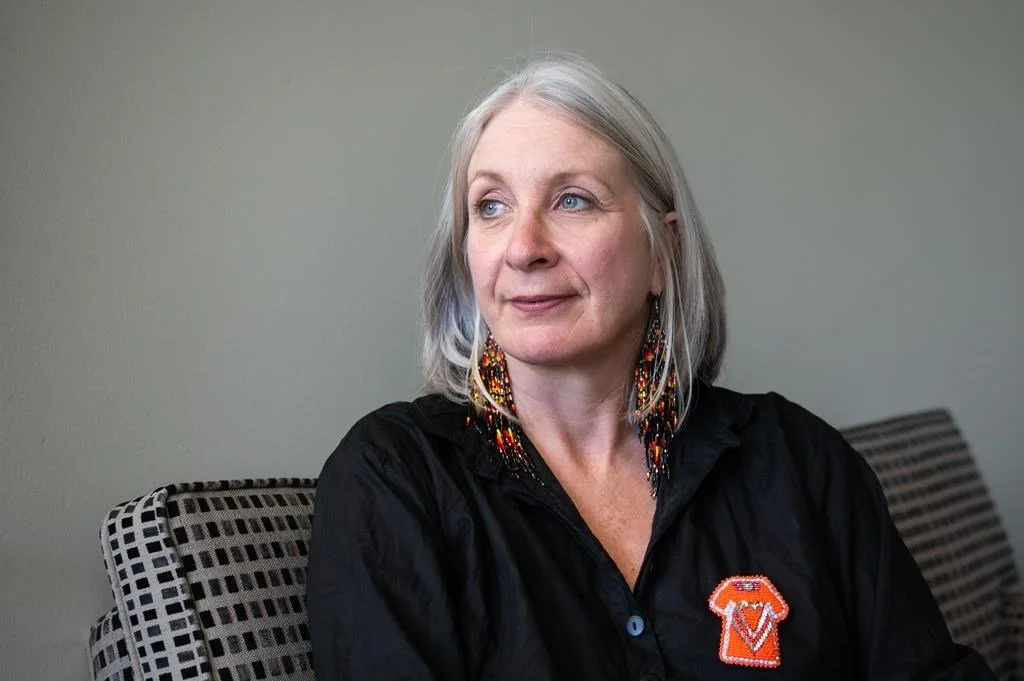A new agreement between the federal government and the Confederacy of Mainland Mi’kmaq in Nova Scotia will allow Mi’kmaw First Nations to manage and control their housing and infrastructure. "Since 2015, we have been working in a nation-to-nation partnership with Indigenous Peoples to advance self-determination,” said Patty Hajdu, minister of Indigenous Services. “Whether for water and health or housing and infrastructure, Indigenous communities must have the tools to decide for themselves. Today is an important step on this journey.”
What happened to Prime Minister Justin Trudeau’s most important relationship?
He promised to end boil-water advisories in First Nations communities within five years. He said constitutionally guaranteed rights of First Nations are a sacred obligation. "I know that renewing our relationship is an ambitious goal. But I am equally certain that it is one we can, and will, achieve if we work together," Trudeau told the Assembly of First Nations in December 2015.
Ottawa to table ‘co-developed’ First Nations water legislation this fall: Hajdu
Water Back: A defining movement
The Land Back movement has called for global solidarity to address the oppression and dispossession of Indigenous Peoples’ lands and territories. The alienation of Indigenous Peoples from Water has largely been absent from this call to action. However, there is a growing consensus among Indigenous Water Protectors who assert that there cannot be Land Back without Water Back.
Provinces, territories agree to help feds in '30 by 30' goal to halt land, water loss
Canada's provinces and territories are on board to help the federal government in its goal to halt land and water loss across the country. Federal Environment Minister Steven Guilbeault met with his counterparts in Ottawa today and said they're all on the same page about conservation targets. The Liberal government is leading a biodiversity strategy to protect 30 per cent of Canadian land and water by 2030. Prime Minister Justin Trudeau announced the target in 2020 and Canada was among the countries which pushed successfully for more than 190 other countries to follow suit at a UN biodiversity conference in Montreal last December.
Connecting land, water and community
It’s one part of the two-year Indigenous Knowledge Bridging of Land and Water Stewardship in Tanzania and Canada project, funded by the Social Science and Humanities Research Council (SSHRC). This project aims to access and mobilize Indigenous-led knowledge that will enhance land and water governance and self-determination for Indigenous Peoples in both countries, while also increasing research capacity.
Eby may signal change in B.C.'s stance on climate action, environmental groups say
Environmental groups are applauding B.C. Premier David Eby's new promise to protect 30 per cent of the province's land by 2030 in partnership with Indigenous Peoples. The goal signals a potential shift by the NDP under the new premier to improve B.C.'s lacklustre record of protecting biodiversity and endangered species hot spots, conservation groups say.
Canada and Nova Scotia commit to shared actions to protect more nature and halt biodiversity loss
Conserving and restoring nature is vital in the fight against climate change; protecting biodiversity and species at risk; and maintaining a strong, sustainable economy. Canadians, including Indigenous Peoples, depend on nature to supply us with food, clean water, breathable air, and a livable climate. Today, the Minister of Environment and Climate Change and Minister responsible for Parks Canada, the Honourable Steven Guilbeault, together with the Nova Scotia Minister of Environment and Climate Change, the Honourable Timothy Halman, and the Nova Scotia Minister of Natural Resources and Renewables, the Honourable Tory Rushton, marked Canada and Nova Scotia's shared commitment to nature conservation at an event at Maskwa Aquatic Club, next to the Blue Mountain – Birch Cove Lakes wilderness area, the site of the first proposed national urban park in Nova Scotia.
B.C. securing watersheds for a stronger future Updated on Jan. 25, 2022
Climate change and extreme weather events are strengthening the call for protection and restoration of B.C.’s watersheds to ensure healthy ecosystems support communities with secure access to clean water. The Province is developing B.C.’s first Watershed Security Strategy and Fund. The first step is to explore key themes, including governance, climate change, ecosystems and sources of drinking water, as well as community and economic stability, through the release of a discussion paper for feedback. The Province is developing the strategy with Indigenous Peoples and in collaboration with other levels of government.
Human Rights Watch report cites Canadian shortcomings on Indigenous, climate issues
It says inadequate access to clean drinking water continues to pose a major health threat which continues to impede the advancement of Indigenous rights in Canada, "one of the world's most water-rich countries." The report also says Canada is a top G7 greenhouse gas emitter, and says it is the world's top financier of fossil fuel producers. "Canada is contributing to the climate crisis taking a growing toll on human rights around the globe," the report says.











